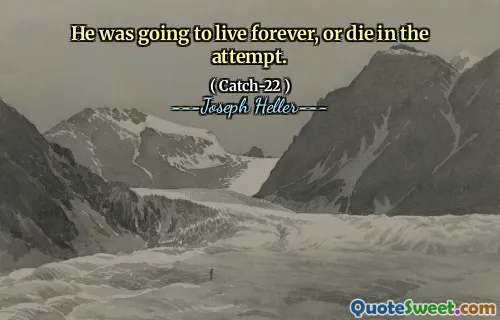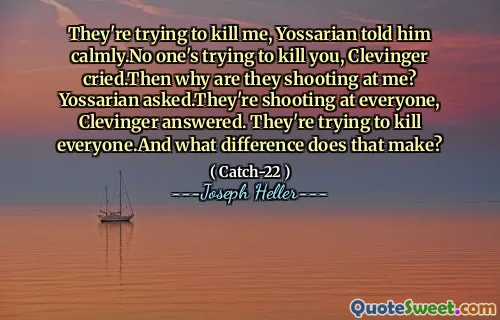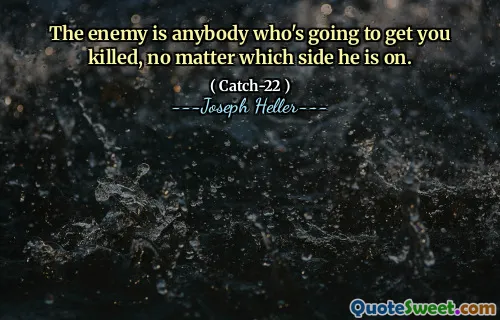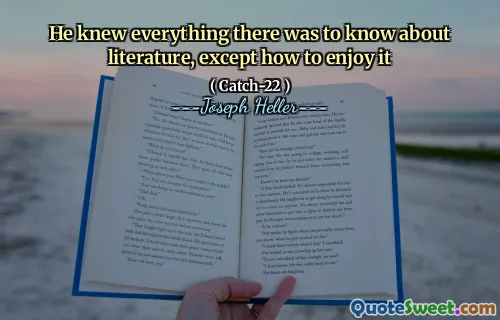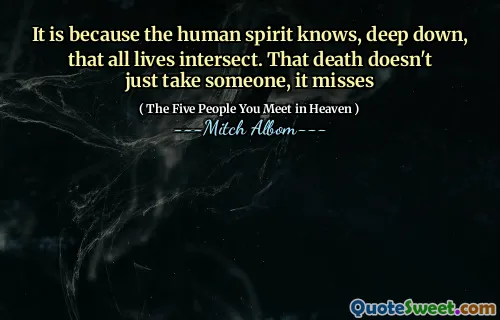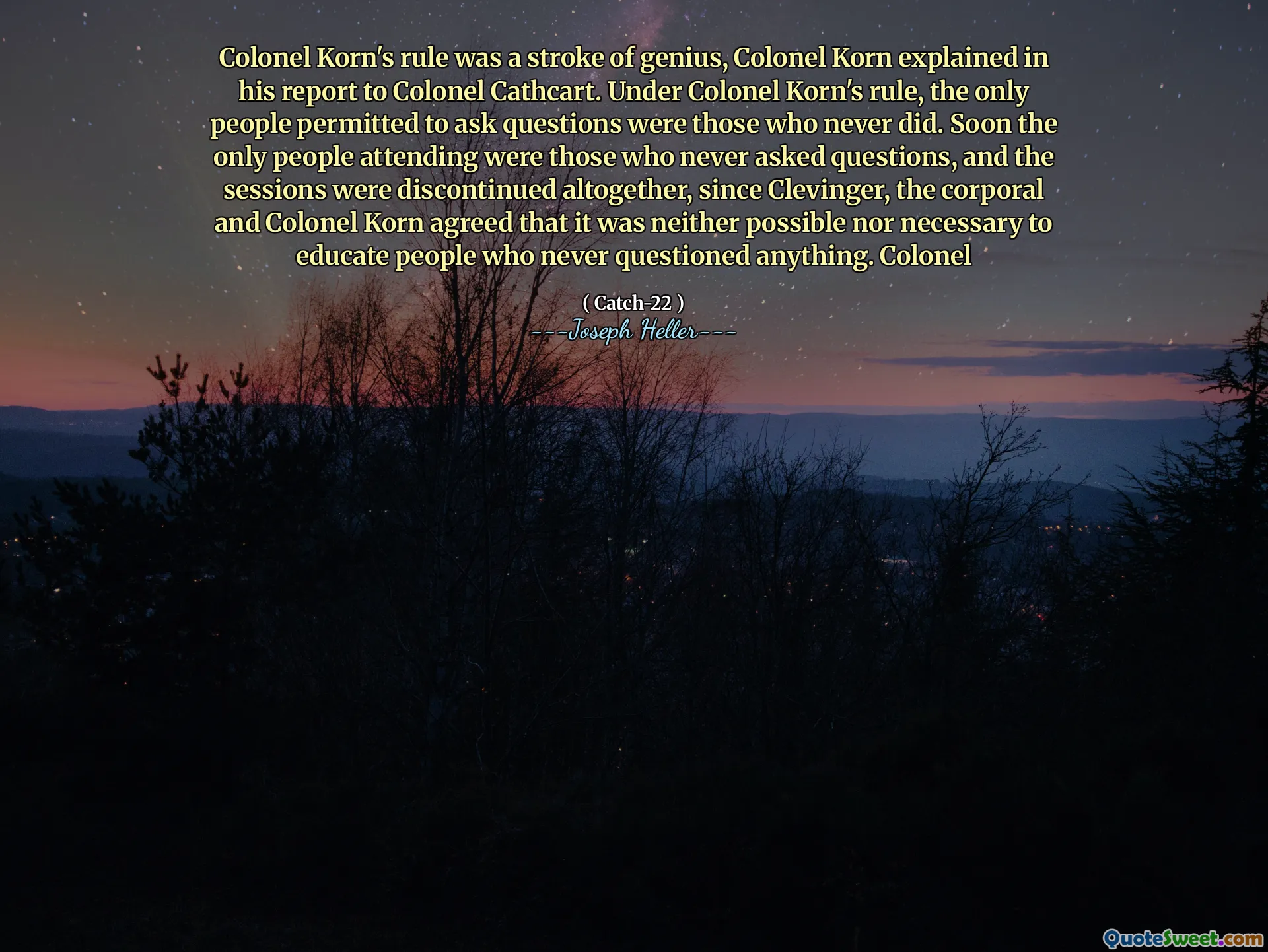
科恩上校在向卡斯卡特上校的报告中解释说,科恩上校的统治是天才的中风。在科恩上校的统治下,唯一被允许提出问题的人是那些从未做过的人。很快,唯一参加的人就是那些从未提问的人,并且会议完全停止了,因为克莱夫夫人,下士和科恩上校都同意,对从未质疑任何事情的人们既不可能也不是必要的。上校
(Colonel Korn's rule was a stroke of genius, Colonel Korn explained in his report to Colonel Cathcart. Under Colonel Korn's rule, the only people permitted to ask questions were those who never did. Soon the only people attending were those who never asked questions, and the sessions were discontinued altogether, since Clevinger, the corporal and Colonel Korn agreed that it was neither possible nor necessary to educate people who never questioned anything. Colonel)
在约瑟夫·海勒(Joseph Heller)的“抓-Cath-22”中,Korn上校介绍了一个聪明的规则,该规则将问题限制在从未真正提出过问题的人中。这种策略很快导致了一种场景,讨论的参与者通常是那些通常不遵守询问的人,从而导致会议中断。该规则背后的理由是,教育没有好奇心或学习渴望的个人是徒劳和不必要的。
具有讽刺意味的是,科恩上校的方法强调了军事官僚机构的荒谬。通过从认真讨论中消除质疑,他有效地确保没有发生任何有意义的对话,进一步加强了当权者通常更喜欢一致性而不是批判性思维的观念。这种讽刺的态度强调了整本小说中存在的荒谬和超脱主题。
